2013 Year in Review: Top 10 tech news stories
We take a look back over some of the year's biggest news stories.

While much of the tech industry talk of 2013 centred on the hype surrounding big data, wearable technology and the internet of things, it was news of surveillance scandals, failed products, web censorship and vendor spats that kept IT Pro readers riveted over the past 12 months.
Here we take a look back over 10 of the year's biggest stories. If there are any you think we've missed, feel free to list them in the comments box below.
1) BlackBerry crumbles
It has certainly been an eventful 12 months for ailing smartphone maker BlackBerry, with the low points outnumbering the high ones by some quite considerable margin.
The year started off well enough for the vendor, as it geared up for the launch of its highly-anticipated and much-delayed Z10 and Q10 smartphones by undergoing a major corporate rebrand that saw it ditch the name RIM in favour of BlackBerry.
The deal fell through, with reports suggesting Fairfax had struggled to secure funding because of concerns BlackBerry was beyond saving.
Sadly, despite its new crop of smartphones garnering favourable reviews (with IT Pro awarding both the Z10 and Q10 devices four stars), sales of the devices failed to live up to the hype.
So much so, the firm was forced to swallow a $934 million inventory charge over unsold Z10 devices in September. It also had to delay its BBM software for Android and iOS users after an unofficial version was leaked in the run up to its official release.
Get the ITPro daily newsletter
Sign up today and you will receive a free copy of our Future Focus 2025 report - the leading guidance on AI, cybersecurity and other IT challenges as per 700+ senior executives
Even so, the software was a hit for the firm, chalking up 20 million downloads during its first few weeks of release.
Earlier in the month, BlackBerry's largest shareholder Fairfax Financial Holdings set out plans to acquire the firm for $4.7 billion, a move the analyst community had been broadly supportive of.
Unfortunately, the deal fell through at the 11th hour in November, with reports at the time suggesting Fairfax had struggled to secure funding for the deal because of concerns BlackBerry was beyond saving.
Shortly afterwards, it was confirmed that CEO Thorsten Heins was stepping down as an alternative means of securing its future is pursued.
2) Microsoft CEO says cya later
Thorsten Heins wasn't the only high-profile CEO to head for the exit doors this year, as Microsoft chief Steve Ballmer announced his retirement in August after 13 years in charge.
Industry watchers have been quick to blame Ballmer for Microsoft's relatively slow response to the tablet and smartphone revolutions of recent years, and for the downbeat reaction Windows 8 received (more on that later). So much so, shares in the company shot up by around nine per cent in the aftermath of his retirement news.
At the time of writing, the hunt for Ballmer's successor was still ongoing, with former Nokia CEO Stephen Elop and Alan Mulally, CEO of Ford Motor Company, widely tipped to takeover.
3) Windows hate
Even before Windows 8 dropped in October 2012, market watchers expressed concerns over how the operating system's radically different user interface would be greeted by end users.
And they were right to be wary, with figures released in the wake of its release suggesting sales of the operating system were lagging behind Windows 7, while user complaints about the lack of Start button started to gather pace.
As result, hopes the release of Windows 8 might give PC sales a well needed boost were quickly dashed.
In February 2013, rumours about an update to the operating system (codenamed Windows Blue) started to surface, and - in the months that followed - gave way to concrete information from Microsoft about forthcoming improvements it was planning to introduce.
Microsoft's declarations about Windows 8.1 (as the update went on to become) bordered on the contrite, as it promised to make good the mistakes made with Windows 8.
The free update was released in October 2013 and saw Microsoft bring back the Start Button, and make it easier for users to re-size the software's flagship live tiles. To boost its enterprise appeal, its security and collaboration features were also much improved.
However, recent figures from Net Applications seem to suggest the release of Windows 8.1 has had little impact on the combined market share of Windows 8.x.
-
 Cleo attack victim list grows as Hertz confirms customer data stolen
Cleo attack victim list grows as Hertz confirms customer data stolenNews Hertz has confirmed it suffered a data breach as a result of the Cleo zero-day vulnerability in late 2024, with the car rental giant warning that customer data was stolen.
By Ross Kelly
-
 Lateral moves in tech: Why leaders should support employee mobility
Lateral moves in tech: Why leaders should support employee mobilityIn-depth Encouraging staff to switch roles can have long-term benefits for skills in the tech sector
By Keri Allan
-
 Work and innovate everywhere
Work and innovate everywherewhitepaper Protection across AI attack vectors
By ITPro
-
 Dell, HP post underwhelming returns as PC market remains in a state of flux
Dell, HP post underwhelming returns as PC market remains in a state of fluxNews Original equipment manufacturers (OEMs) are contending with an impending Windows 10 EOL and a burgeoning AI PC market
By George Fitzmaurice
-
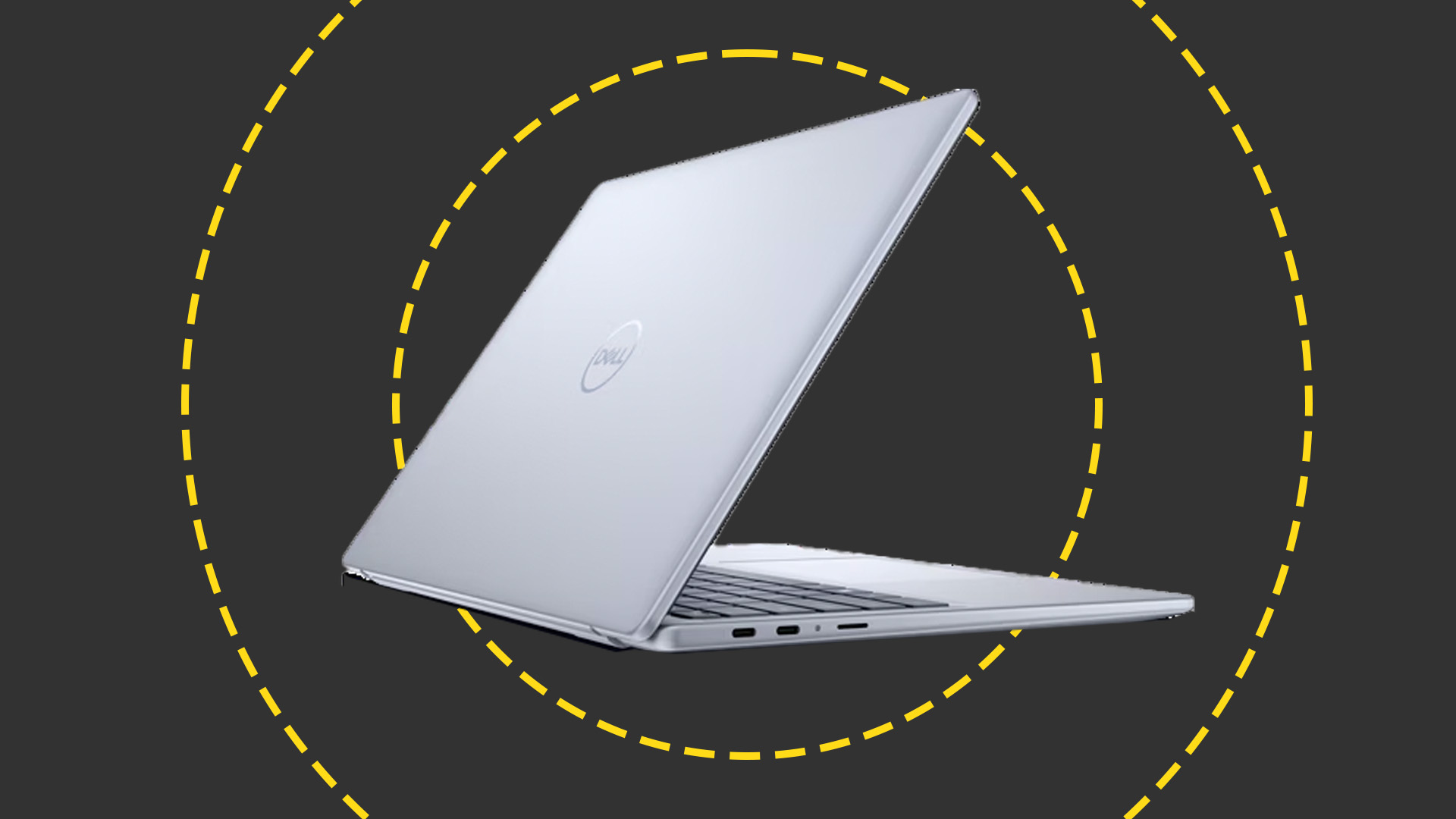 Dell Inspiron 14 Plus (7441) review: The cheapest Snapdragon laptop yet
Dell Inspiron 14 Plus (7441) review: The cheapest Snapdragon laptop yetReviews A no-frills compact laptop that delivers good performance and solid battery life
By Alun Taylor
-
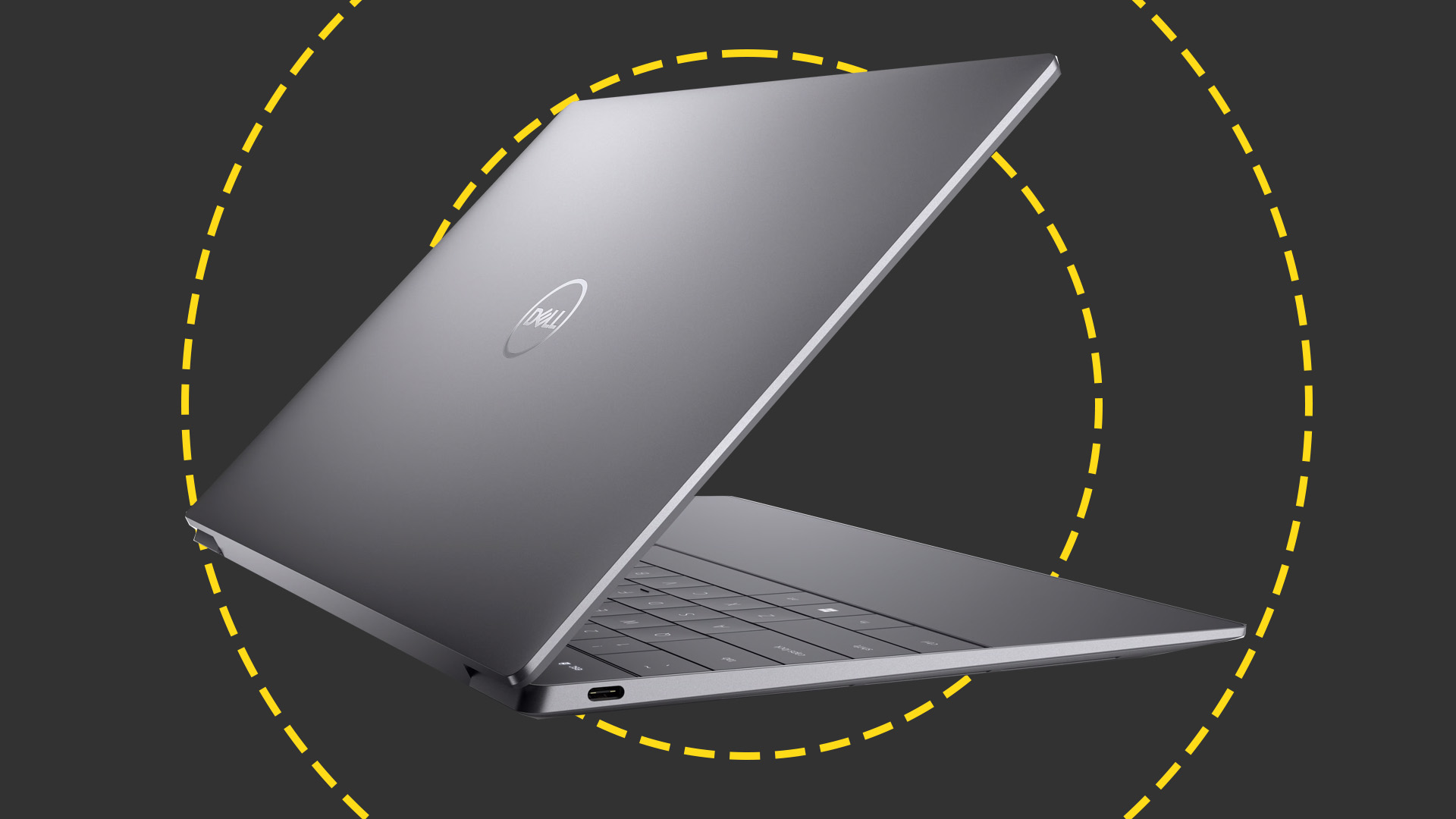 Dell XPS 13 9340 review: Compact, stylish, and frustratingly flawed
Dell XPS 13 9340 review: Compact, stylish, and frustratingly flawedReviews Redesigned XPS 13 has lots of potential but finds itself hamstrung by iffy design decisions and Intel's underachieving Meteor Lake
By Sasha Muller
-
 Help skilled workers succeed with Dell Latitude 7030 and 7230 Rugged Extreme tablets
Help skilled workers succeed with Dell Latitude 7030 and 7230 Rugged Extreme tabletswhitepaper Help skilled workers succeed with Dell Latitude 7030 and 7230 Rugged Extreme tablets
By ITPro
-
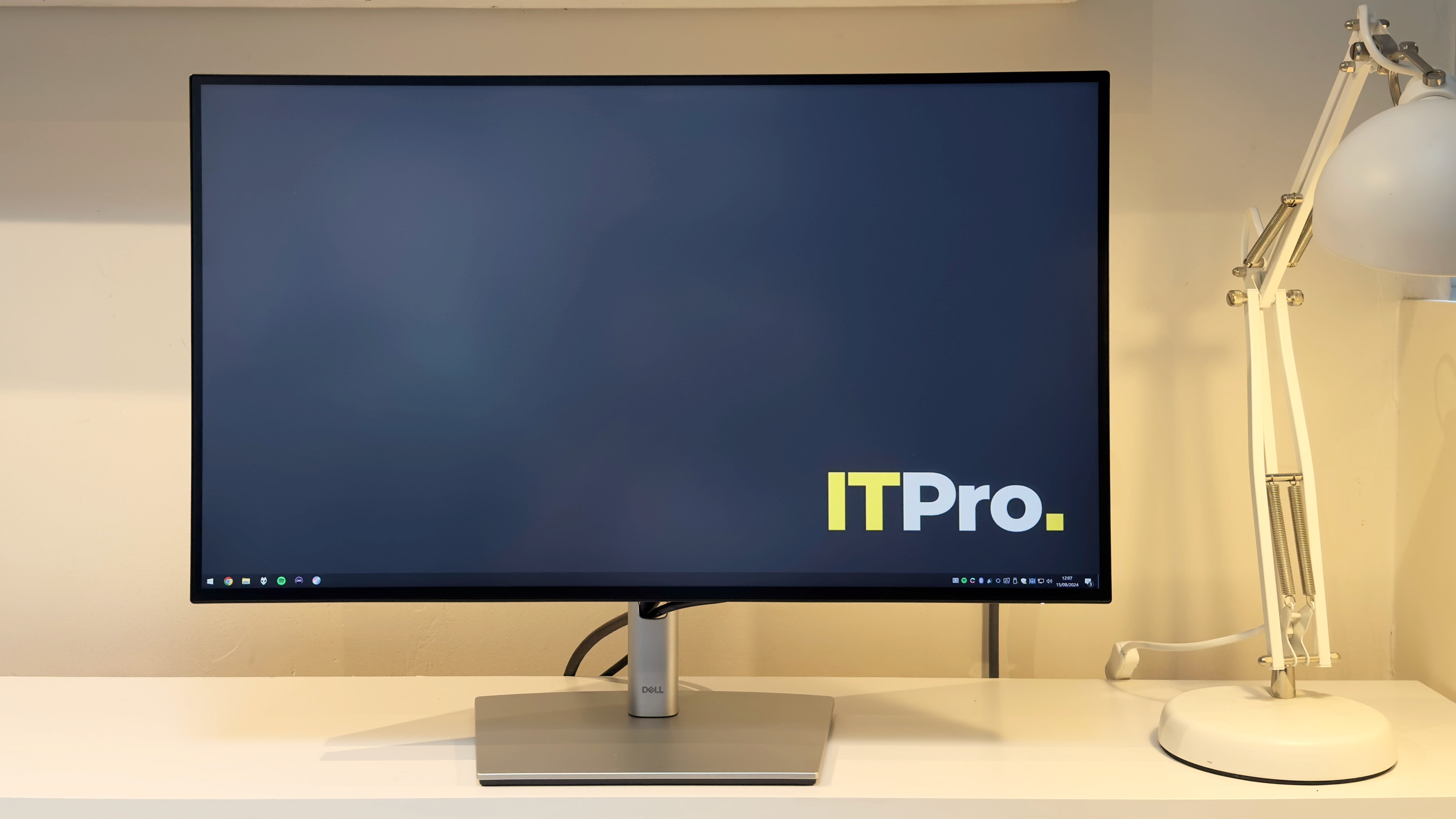
 Dell UltraSharp U2723QE monitor review: Feature-packed and 4K – but not quite perfect
Dell UltraSharp U2723QE monitor review: Feature-packed and 4K – but not quite perfectReviews Anyone needing respectable HDR performance or gaming-friendly features such as adaptive sync or high refresh rates should be looking elsewhere, the Dell U2723QE is just not that kind of monitor
By Sasha Muller
-
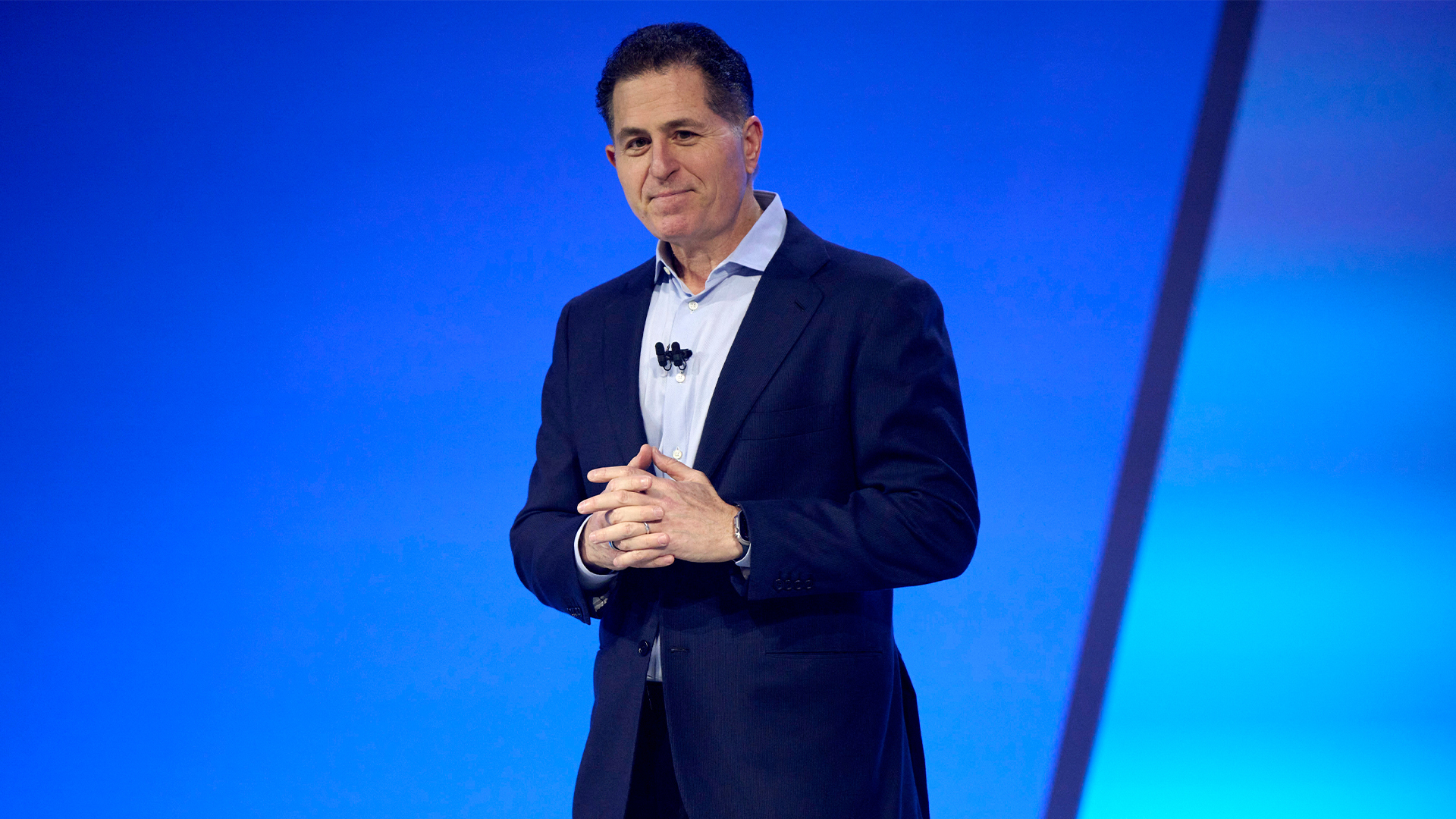 AI is paying dividends for Dell Technologies – booming server sales and rapid networking growth have taken the edge off a rocky period
AI is paying dividends for Dell Technologies – booming server sales and rapid networking growth have taken the edge off a rocky periodNews Despite a troubling period for Dell Technologies, the outlook remains positive amid surging enterprise demand for AI solutions
By Nicole Kobie
-
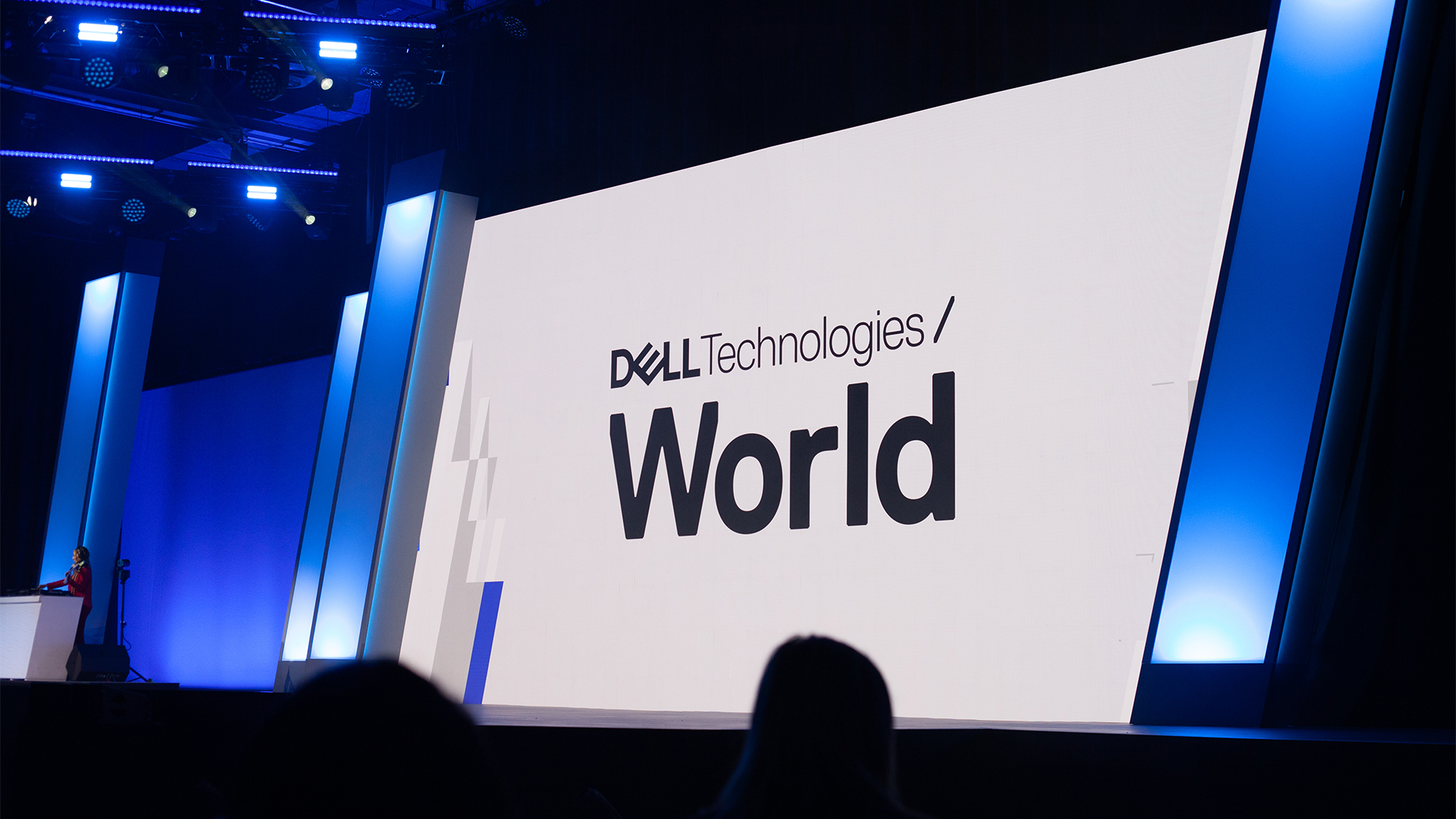 Dell Technologies World 2024 live: All the news and announcements from day-two
Dell Technologies World 2024 live: All the news and announcements from day-twoLive blog It's day-two at Dell Technologies World 2024 and we're live on the ground in Las Vegas - follow our rolling coverage for all the latest news, updates, and announcements
By Rory Bathgate